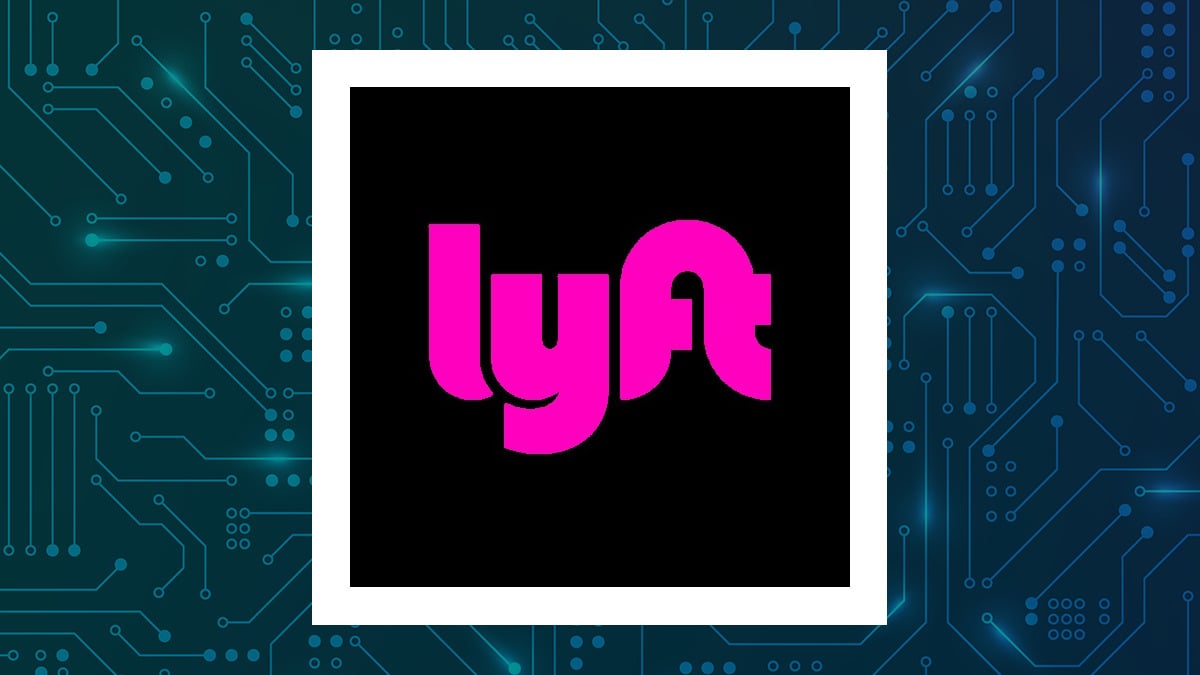Uber Technologies (NYSE:UBER – Get Free Report) and Lyft (NASDAQ:LYFT – Get Free Report) are both computer and technology companies, but which is the better stock? We will compare the two companies based on the strength of their valuation, earnings, analyst recommendations, institutional ownership, dividends, risk and profitability.
Profitability
This table compares Uber Technologies and Lyft’s net margins, return on equity and return on assets.
| Net Margins | Return on Equity | Return on Assets | |
| Uber Technologies | 27.07% | 66.46% | 25.50% |
| Lyft | 0.95% | 11.28% | 1.50% |
Risk & Volatility
Uber Technologies has a beta of 1.4, meaning that its stock price is 40% more volatile than the S&P 500. Comparatively, Lyft has a beta of 2.2, meaning that its stock price is 120% more volatile than the S&P 500.
Earnings & Valuation
| Gross Revenue | Price/Sales Ratio | Net Income | Earnings Per Share | Price/Earnings Ratio | |
| Uber Technologies | $43.98 billion | 4.48 | $9.86 billion | $5.71 | 16.49 |
| Lyft | $5.79 billion | 1.09 | $22.78 million | $0.15 | 100.29 |
Uber Technologies has higher revenue and earnings than Lyft. Uber Technologies is trading at a lower price-to-earnings ratio than Lyft, indicating that it is currently the more affordable of the two stocks.
Institutional and Insider Ownership
80.2% of Uber Technologies shares are owned by institutional investors. Comparatively, 83.1% of Lyft shares are owned by institutional investors. 3.7% of Uber Technologies shares are owned by insiders. Comparatively, 3.1% of Lyft shares are owned by insiders. Strong institutional ownership is an indication that large money managers, hedge funds and endowments believe a company is poised for long-term growth.
Analyst Ratings
This is a summary of current ratings and price targets for Uber Technologies and Lyft, as reported by MarketBeat.
| Sell Ratings | Hold Ratings | Buy Ratings | Strong Buy Ratings | Rating Score | |
| Uber Technologies | 0 | 12 | 27 | 0 | 2.69 |
| Lyft | 1 | 25 | 9 | 0 | 2.23 |
Uber Technologies currently has a consensus target price of $97.63, suggesting a potential upside of 3.68%. Lyft has a consensus target price of $16.78, suggesting a potential upside of 11.51%. Given Lyft’s higher probable upside, analysts clearly believe Lyft is more favorable than Uber Technologies.
Summary
Uber Technologies beats Lyft on 10 of the 14 factors compared between the two stocks.
About Uber Technologies
 Uber Technologies, Inc. develops and operates proprietary technology applications in the United States, Canada, Latin America, Europe, the Middle East, Africa, and Asia excluding China and Southeast Asia. It operates through three segments: Mobility, Delivery, and Freight. The Mobility segment connects consumers with a range of transportation modalities, such as ridesharing, carsharing, micromobility, rentals, public transit, taxis, and other modalities; and offers riders in a variety of vehicle types, as well as financial partnerships products and advertising services. The Delivery segment allows to search for and discover restaurants to grocery, alcohol, convenience, and other retails; order a meal or other items; and Uber direct, a white-label Delivery-as-a-Service for retailers and restaurants, as well as advertising. The Freight segment manages transportation and logistics network, which connects shippers and carriers in digital marketplace including carriers upfronts, pricing, and shipment booking; and provides on-demand platform to automate logistics end-to-end transactions for small-and medium-sized business to global enterprises. The company was formerly known as Ubercab, Inc. and changed its name to Uber Technologies, Inc. in February 2011. Uber Technologies, Inc. was founded in 2009 and is headquartered in San Francisco, California.
Uber Technologies, Inc. develops and operates proprietary technology applications in the United States, Canada, Latin America, Europe, the Middle East, Africa, and Asia excluding China and Southeast Asia. It operates through three segments: Mobility, Delivery, and Freight. The Mobility segment connects consumers with a range of transportation modalities, such as ridesharing, carsharing, micromobility, rentals, public transit, taxis, and other modalities; and offers riders in a variety of vehicle types, as well as financial partnerships products and advertising services. The Delivery segment allows to search for and discover restaurants to grocery, alcohol, convenience, and other retails; order a meal or other items; and Uber direct, a white-label Delivery-as-a-Service for retailers and restaurants, as well as advertising. The Freight segment manages transportation and logistics network, which connects shippers and carriers in digital marketplace including carriers upfronts, pricing, and shipment booking; and provides on-demand platform to automate logistics end-to-end transactions for small-and medium-sized business to global enterprises. The company was formerly known as Ubercab, Inc. and changed its name to Uber Technologies, Inc. in February 2011. Uber Technologies, Inc. was founded in 2009 and is headquartered in San Francisco, California.
About Lyft
 Lyft, Inc. operates a peer-to-peer marketplace for on-demand ridesharing in the United States and Canada. It operates multimodal transportation networks that offer access to various transportation options through the Lyft platform and mobile-based applications. The company's platform provides a ridesharing marketplace, which connects drivers with riders; Express Drive, a car rental program for drivers; and a network of shared bikes and scooters in various cities to address the needs of riders for short trips. It also offers centralized tools and enterprise transportation solutions, such as concierge transportation solutions for organizations; Lyft Pink subscription plans; Lyft Pass commuter programs; first-mile and last-mile services; and university safe rides programs. The company was formerly known as Zimride, Inc. and changed its name to Lyft, Inc. in April 2013. Lyft, Inc. was incorporated in 2007 and is headquartered in San Francisco, California.
Lyft, Inc. operates a peer-to-peer marketplace for on-demand ridesharing in the United States and Canada. It operates multimodal transportation networks that offer access to various transportation options through the Lyft platform and mobile-based applications. The company's platform provides a ridesharing marketplace, which connects drivers with riders; Express Drive, a car rental program for drivers; and a network of shared bikes and scooters in various cities to address the needs of riders for short trips. It also offers centralized tools and enterprise transportation solutions, such as concierge transportation solutions for organizations; Lyft Pink subscription plans; Lyft Pass commuter programs; first-mile and last-mile services; and university safe rides programs. The company was formerly known as Zimride, Inc. and changed its name to Lyft, Inc. in April 2013. Lyft, Inc. was incorporated in 2007 and is headquartered in San Francisco, California.
Receive News & Ratings for Uber Technologies Daily - Enter your email address below to receive a concise daily summary of the latest news and analysts' ratings for Uber Technologies and related companies with MarketBeat.com's FREE daily email newsletter.
